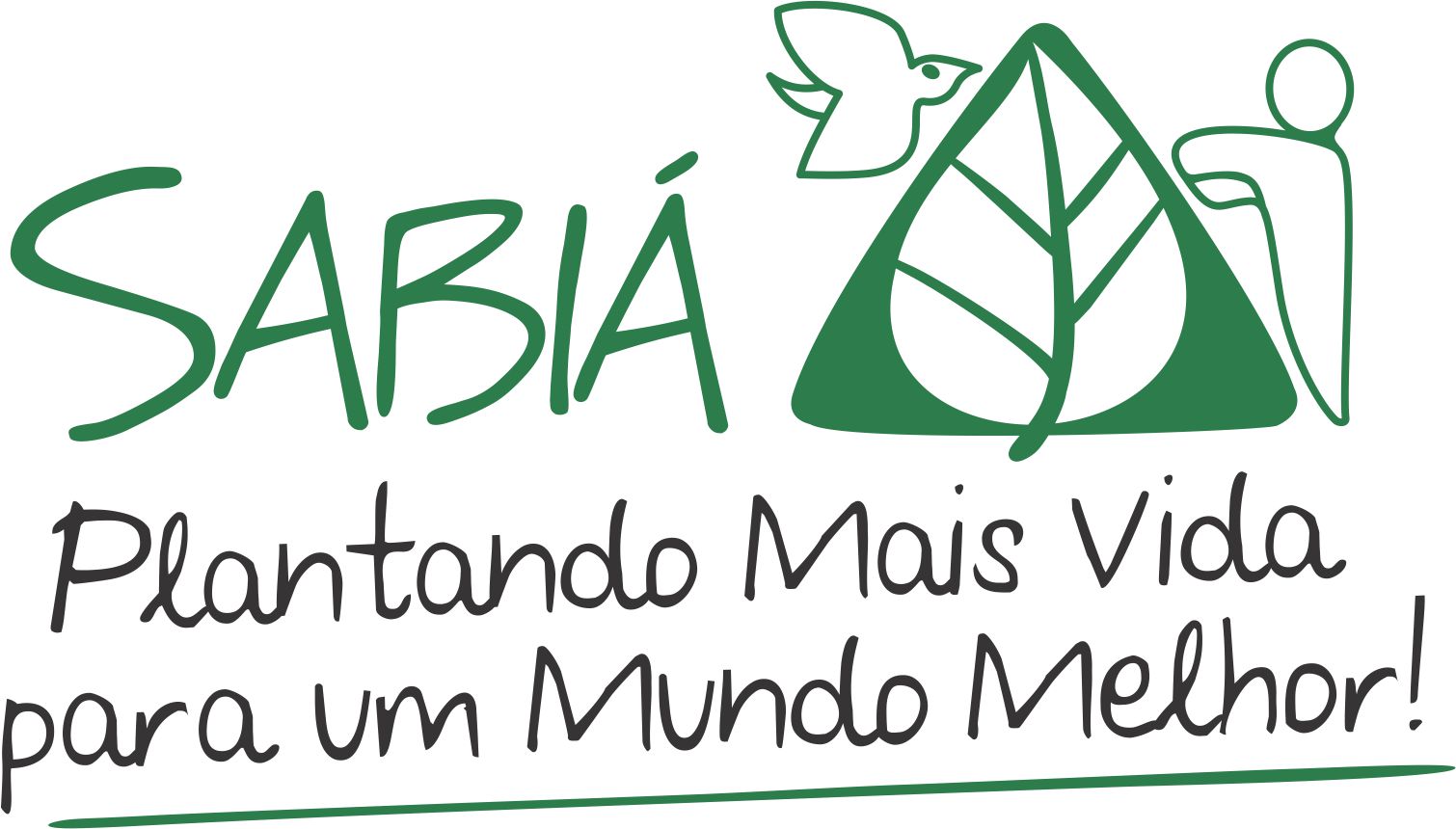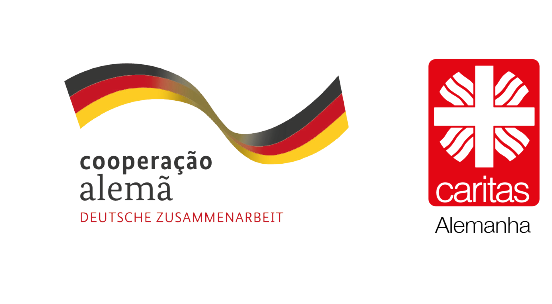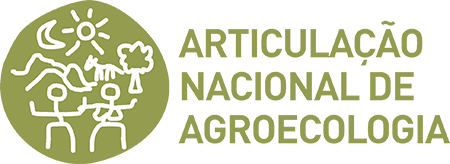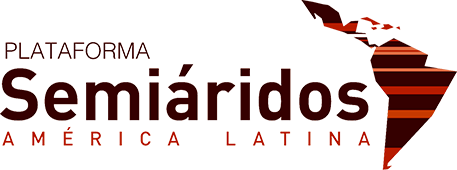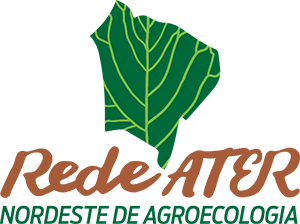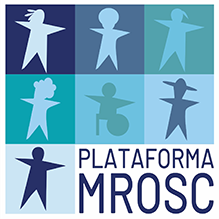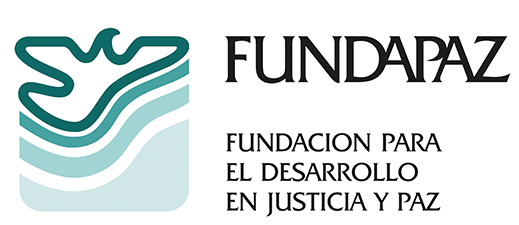Our Mission
The SABIÁ AGROECOLOGICAL DEVELOPMENT CENTER is a non-governmental organization based in Recife, Pernambuco, founded in 1993, which works to promote family farming based on the principles of agroecology. Developing and multiplying Agroforestry Agriculture, also known as Agroforestry or Agroforestry Systems. Legally, it is a civil association governed by private law with no economic purpose, of a technical-ecological and educational nature.

Planting more life for a better world, developing agroecological family farming and citizenship
Centro Sabiá’s mission expresses the challenge of interacting with the various sectors of civil society, developing innovative actions with a diverse range of actors such as children, youth, women, and men in family farming. Advocating for a new perspective of society lives in harmony with nature and is conscious, autonomous, and participatory in the construction of a sustainable rural development model.
The Name
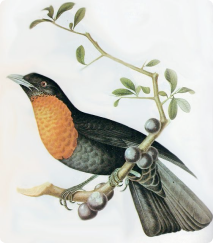
The thrush (known as Sabiá in Brazilian Portuguese) is a bird that well symbolizes the planet’s biodiversity. There are over 300 species of it worldwide. In Brazil, this bird is present in all regions, inhabiting the forests and also the cities. Its survival in different environments is due to a diversified diet composed of fruits, small insects, food scraps, and worms. The bird has one of the most beautiful and intense songs.
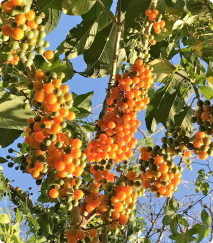
SABIÁ is also a tree native to the Caatinga biome, in the Brazilian Northeast, which adapts well to other climates and regions of Brazil. It got its name because its stem color is very similar to that of the bird. It is a tree that has varieties, some have thorns and others do not. It is suitable for enriching and recovering degraded soils. It is a tree very dear to those who care for agriculture and the environment.
Where we operate
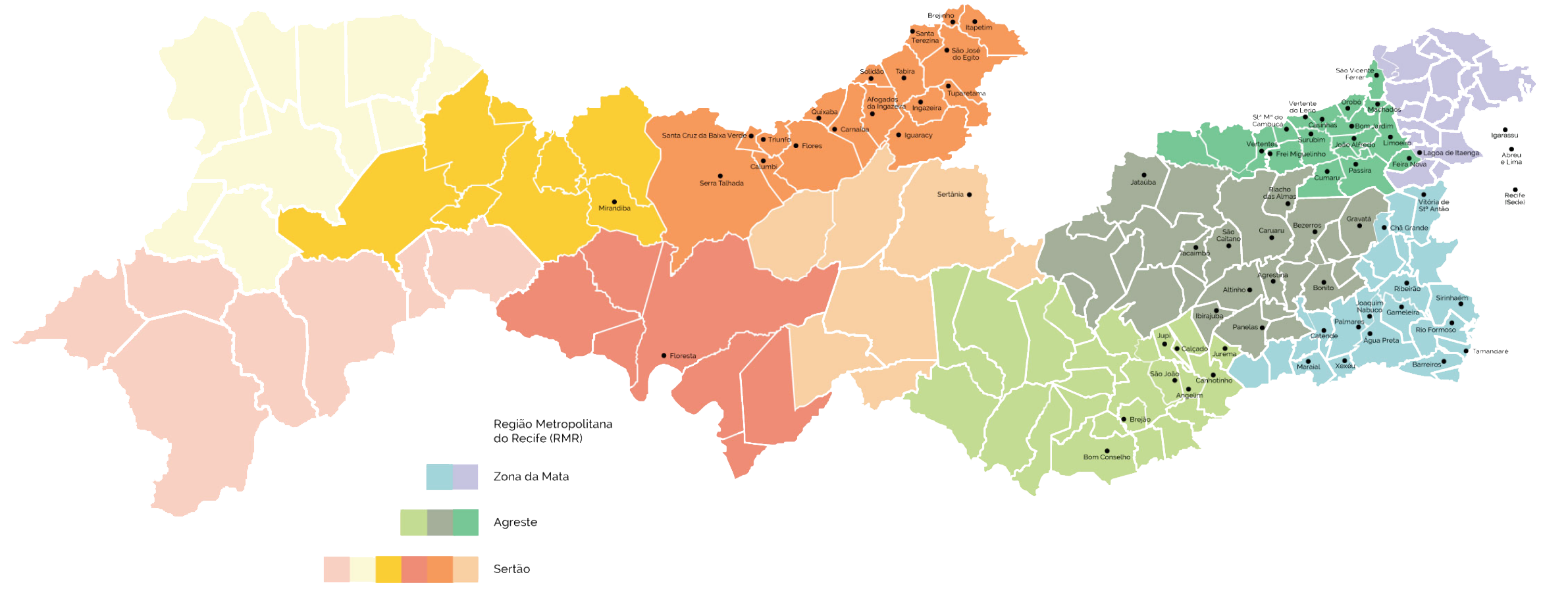
Thematic axes


Agroforestry
Expand agroforestry and adaptation technologies for coexistence with the environment, especially the semiarid region, responding to and mitigating the climate emergency and increasing Food and Nutrition Sovereignty and Security (FNS) in the territories of operation.

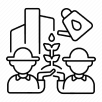
Urban and Peri-urban Agriculture (AUP)
Strengthen the AUP in peripheral urban populations, especially with groups of women, to promote FNS, food education, and the therapeutic dimension between the land and self-care, generating interfaces between the countryside and city.

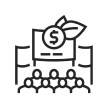
Territorial and Peasant Economy
Strengthen the territorial and peasant economy, through ecological and solidary markets.


Agroecology and Human Rights
Foster and articulate a network of subjects (organizations) in the territory for the development of an Agroecological Plan and the defense of Human Rights.

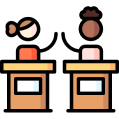
Political Incidence
Integrate and strengthen networks and articulations of civil society to promote political influence at territorial, state, regional, national, and international scales, favoring agroecological and sustainable development.

